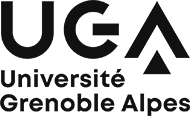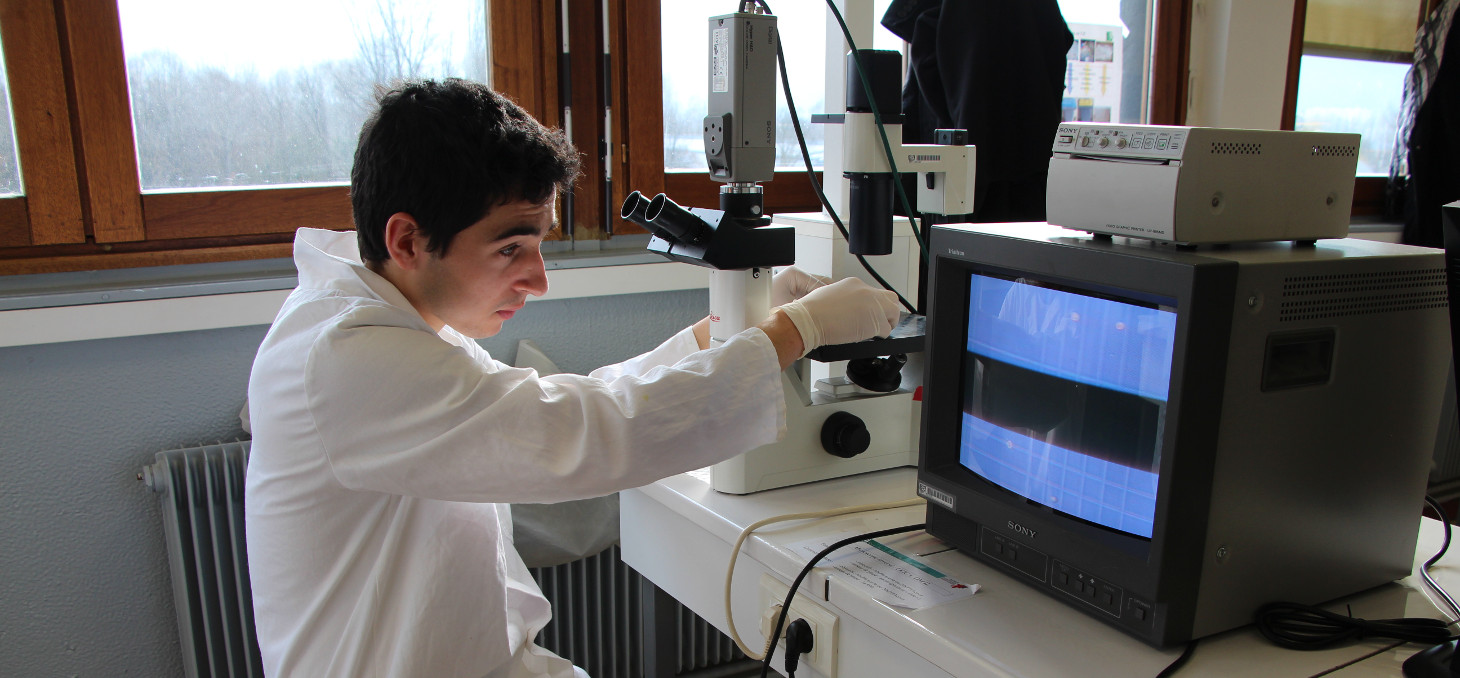A formation through research
The Research Intensive Track is specifically dedicated to formation through research. During the 2 years of the Master, students are part of a laboratory and pursue a research activity in parallel to their courses.
During the first year (M1) students follow the compulsory courses of a M1 program and replace elective courses by a research internship as described below. In M2, they continue their research project with a program fully devoted to research from February to June.
During their research internship students receive a stipend whose amount is set by the french law.
Admission to the Research Intensive Track requires both the academic admission by the head of the host M1 track (see here), and the admission in a research team. The RIT is fully appropriate to students having completed a 4-years Bachelor's of Science, or students having followed the first year of a master in another discipline and wishing to re-orient towards one field of nanosciences. But 3-year's Bachelors who have excellent academic results can also be admitted to the RIT.
See here the offers of Research Intensive Track internships.
The training through research, performed under the supervision of a professor, covers all aspects of leading a project. In the fall semester of the 1st year students read the scientific bibliography on their subject and establish a state-of-the-art, define the elements of a novel approach, establish a research plan, and receive a training on specific theoretical, simulation or experimental tools appropriate for their research. They devote to this activity up to 2 days a week, and are evaluated through the writing of a research proposal (6 credits).
The students then undertake their research project, first in parallel to the courses and then at full time up to the end of the academic year. They are evaluated through a report and a defense, exposing their research implementation, results and perspectives (15 credits).
During the 2nd year students continue their research project, in parallel to the courses during the fall semester and at full time from February (spring term). At the end of the 2nd year they are evaluated through the submission and defense of a Master Thesis (30 credits). They also may have the opportunity to write a part of a scientific article, and present/defend their results in a workshop of specialists of the field.
The RIT thus provides students with the opportunity to be immersed in a highly demanding scientific environment where the innovation of the future is in gestation. It also confers to students a first professional experience. As members of a laboratory or research institute, students take a full part to the life of the lab according to their time of presence, they follow the scientific seminars, have access to high-tech equipments after receiving the appropriate formations, comply to the security regulations, and take their part of the collective tasks.


